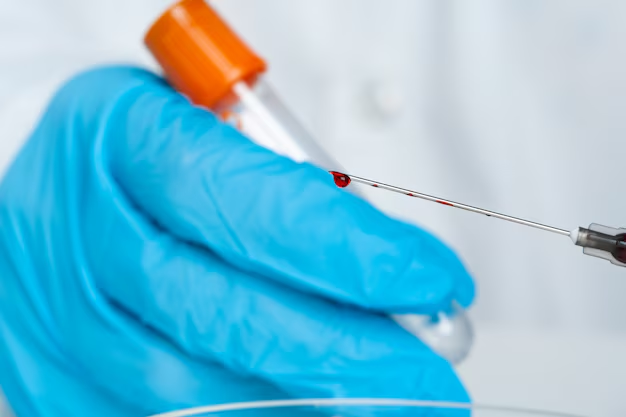How to Become a Phlebotomy Technician: Essential Education and Certifications
Embarking on a career as a phlebotomy technician offers a rewarding opportunity to be on the frontlines of healthcare, facilitating critical medical testing and diagnostics. While a degree is not typically required, acquiring formal training and certification is essential to ensure competence and employability in this field. Aspiring phlebotomists are encouraged to enroll in a phlebotomy training program, often available at community colleges, vocational schools, or specialized training centers. These programs typically last from a few weeks to several months, providing both classroom instruction and hands-on laboratory experience. Upon completion, graduates are well-prepared to pursue certification, a crucial credential that underscores a technician’s proficiency and dedication to quality care.
Several recognized organizations offer phlebotomy certification exams, such as the National Healthcareer Association (NHA), the American Society for Clinical Pathology (ASCP), and the National Phlebotomy Association (NPA). While certification requirements may vary by state or employer, obtaining one demonstrates commitment and could lead to better job prospects. Whether you’re entering the workforce or seeking to enhance your qualifications, investing in a comprehensive phlebotomy program and certification is an excellent step towards ensuring a successful and impactful career in the medical sector.
Pathways to Becoming a Phlebotomy Technician
- 📚 High School Diploma or GED: Initial educational requirement.
- 🏫 Phlebotomy Training Program: Offered by community colleges and technical schools.
- 🏅 Certification Exams:
- NHA Certified Phlebotomy Technician (CPT)
- ASCP Phlebotomy Technician Certification (PBT)
- NPA Certification for Phlebotomy Technicians
- 📜 State Licensing (if required): Check specific state requirements for practice.

Related Topics
- Becoming Dental Hygienist
- Becoming A Phlebotomist
- Dental Hygienist Duration
- Dialysis Tech Timeline
- Dialysis Technician Timeline
- Flight Paramedic Duration
- Hygienist Timeline
- Become Lab Tech
- Mammography Tech Timeline
- MRI Technologist Duration
- Nurse Technician Timeline
- Pathologist Assistant Timeline
- Pediatric Sonographer Timeline
- Pharm Tech Timeline
- Pharmacy Technician Timeline